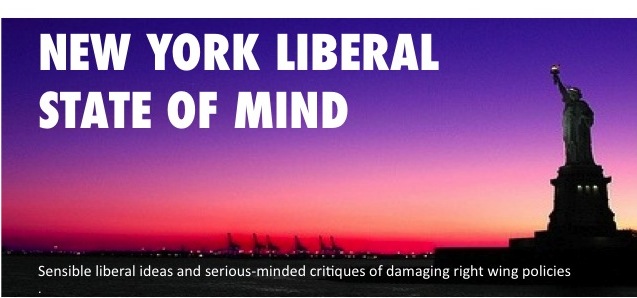I am only quasi-pleased that the president is parceling out $8 billion dollars for the development of high speed trains around the country. It is really a paltry amount. It represents .00056 of total U.S. GDP. Let's say you have a two income household that brings in $100,000 per year and you want to replace some important infrastructure element in your house, or improve your transportation choices. Spending a similar percentage would give you a budget of $56.38 out of your hundred grand.
Liberals should be behind an enormous expansion of rail infrastructure - not just passenger, but freight as well, but the latter is another story. According to a number of sources, IF we had a rail system on a par with France's, it would provide 500 million passenger rides per year and require 1,000,000 workers to run, service and maintain the system. Now there's a jobs program for you. By contrast, Amtrak employs about 18,000 people. For a really excellent look at the potential for rail in America, check this out at The Infrastructurist.
Yet the right wing is rabid in its opposition. We can put it down to their usual stale pieties about government spending, waste, jeremiads against "socialism," and their slavish devotion to the oil industry. (As if the Interstate Highway System is not a communal venture!) However, I'd like to go deeper and lay it at the feet of a misguided hyper-individualism that is rooted in the values of the Old South. While the Northeast, Midwest and California were modernizing agriculture in the 1890s, the Old South was still dogging along with small family plots and the remnant of the rotted plantation culture that was dependent on slave labor.
Today's automobile culture is roughly comparable to the one-mule, postage-stamp farm of the post-bellum South. And the people who work on this new automobile version of such a farm, stuck in outrageously uneconomical, environmentally unsound machines, are really simply driving their one mule and hoping it lasts through the spring planting. So, the right wing clings to this outmoded way of thinking. It is deeper than political philosophy. It is a cultural philosophy deeply embedded and fraught with all sorts of common, pre-World War prejudices. Anti-cosmopolitan comes most readily to mind. Fear of the outsider - ewww I might have to sit next to a stranger on a train. Fatalism about the future also pops up when I consider this old, worn out way of thinking.
Listen to Harry Nilsson's "Nobody Cares About The Railroads Anymore"
Today's automobile culture is roughly comparable to the one-mule, postage-stamp farm of the post-bellum South. And the people who work on this new automobile version of such a farm, stuck in outrageously uneconomical, environmentally unsound machines, are really simply driving their one mule and hoping it lasts through the spring planting. So, the right wing clings to this outmoded way of thinking. It is deeper than political philosophy. It is a cultural philosophy deeply embedded and fraught with all sorts of common, pre-World War prejudices. Anti-cosmopolitan comes most readily to mind. Fear of the outsider - ewww I might have to sit next to a stranger on a train. Fatalism about the future also pops up when I consider this old, worn out way of thinking.
Listen to Harry Nilsson's "Nobody Cares About The Railroads Anymore"
Broader, almost revolutionary thinking is required if we are to hope that our children and grandchildren have jobs, a clean environment, and quick and easy ways to travel, at least regionally, if not cross continent.
But the future is not looking rosy as we dawdle and dither, held hostage to the old one-mule farm mentality.
The U.S. currently has one high speed corridor, Boston to Washington, of about 500 miles. Even if we were to build ALL the proposed high speed corridors on the national wish list, that would only amount to 4,000 at most. (By the way - in the U.S., "high speed" means an average of 79 mph on a system. In Europe, it's 120 mph.)
China, whose land mass is about the same as the U.S., has embarked on the second largest public works program in all of history, following only the Eisenhower Interstate Highway System in size. China plans to spend more than $1 trillion on expanding its railway network from 48,466 miles today to 68,350 in 2012 and 74,564 in 2020. China’s more pertinent goal is to invest in 8,000 miles of high-speed rail by 2020. They invest $1 trillion, while we argue and backbite over $8 billion.





No comments:
Post a Comment